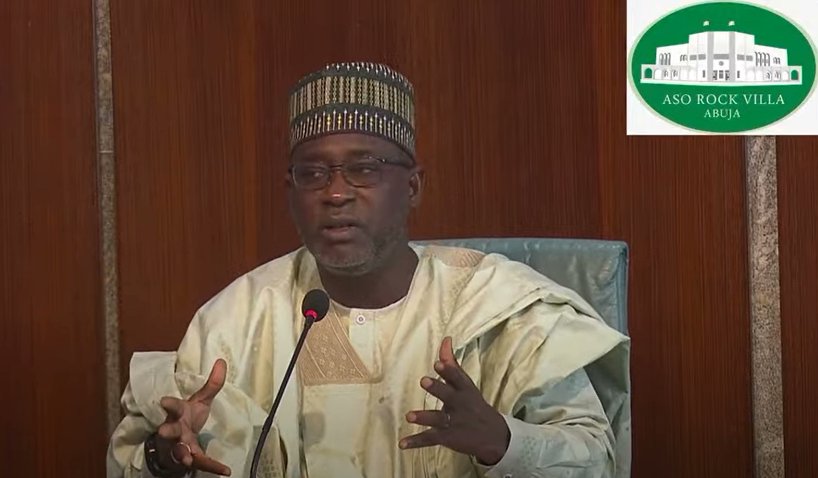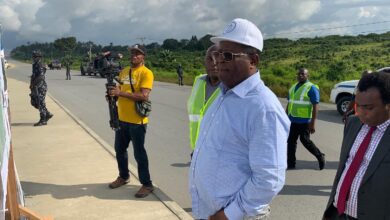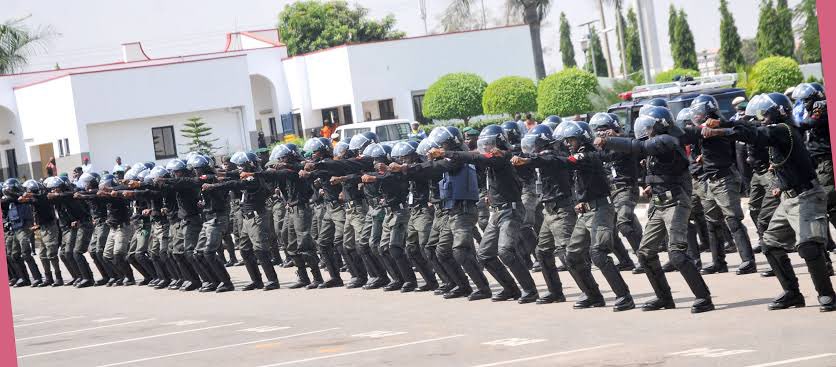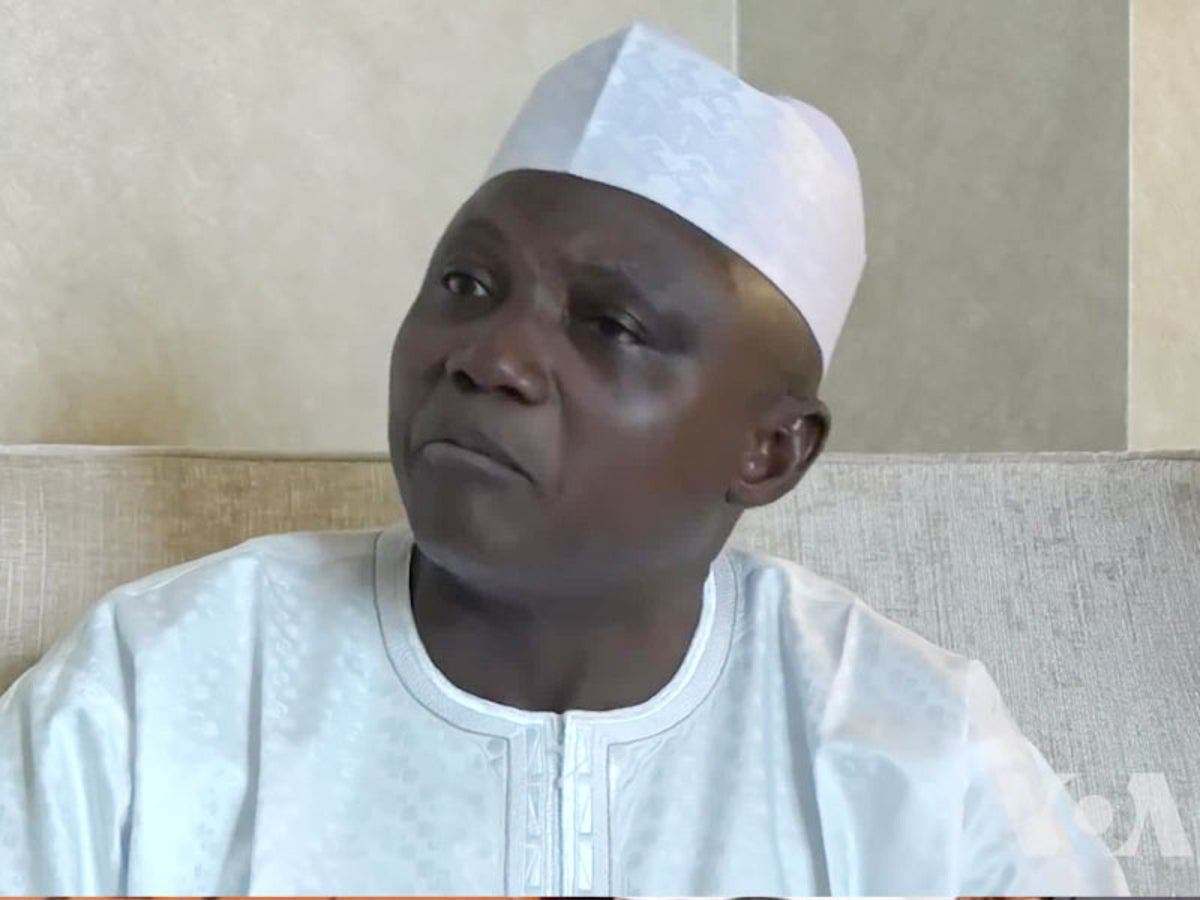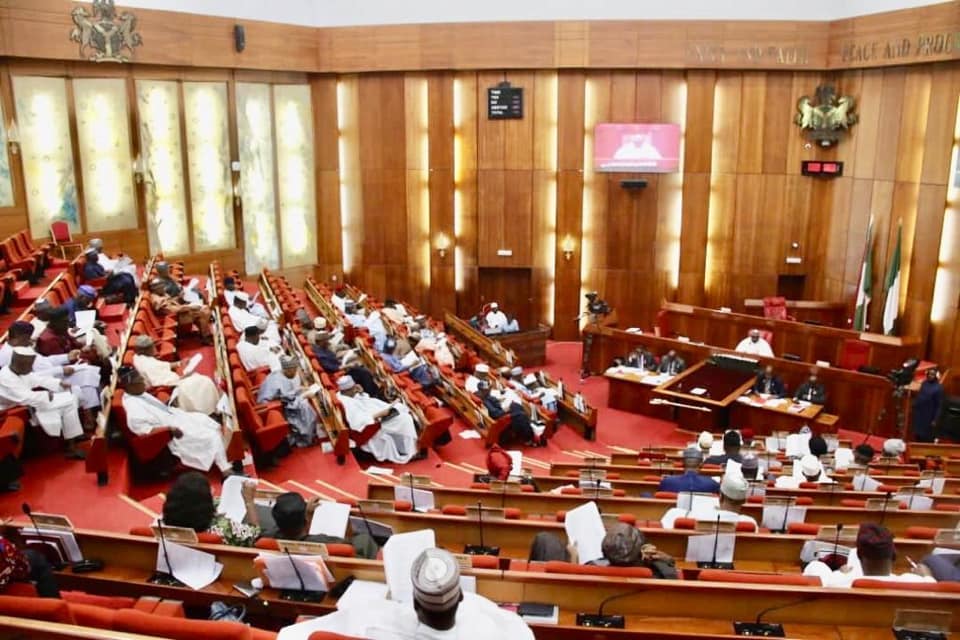Onaiyekan, Jega, others to Buhari: Only dialogue can solve Nigeria’s challenges

The only way to move Nigeria forward is by first addressing its security challenges through dialogue, the Nigerian Working Group on Peacebuilding and Governance said on Sunday.
The group comprising some notable leaders of thought urged President Muhammadu Buhari and the 36 states governors to immediately kickstart a dialogue process to address the rising insecurity in the country, adding that Nigeria is “rapidly approaching a tipping point”.
The group said in a position paper on Sunday that Nigerians were contending with double sufferings of rising insecurity and the COVID-19 pandemic.
Those who signed the paper include Cardinal John Onaiyekan, General Martin Luther Agwai (Rtd), Professor Attahiru Jega, Ambassador Fatima Balla, Professor Jibrin Ibrahim, Mrs. Aisha Mohammed-Oyebode, Dr. Nguyan Shaku Feese, Dr. Usman Bugaje and Dr. Chris Kwaja.
They said in addition to the COVID-19 pandemic, security concerns were still of the greatest importance to many Nigerians.
But the Presidency said on Sunday that there are laid down procedures in the Nigerian Constitution that could be followed to address contending issues.
Why we’re talking now
Daily Trust reports that the concern of the Nigerian Working Group on Peacebuilding and Governance re-echoed the position of former President Olusegun Obasanjo at the weekend.
Obasanjo had, in a paper presentation titled
‘Moving Nigeria away from tipping over’,
said the country was drifting into a “failed and divided” state under the present administration.
But the presidency and the likes of Chief Audu Ogbe, who is the Chairman of Arewa Consultative Forum (ACF), scolded Obasanjo.
The group said that following a series of consultations with a diverse group of stakeholders and policymakers between May and July, this was the time to offer its key observations and recommendations on how the Nigerian government could strengthen its efforts to manage the coronavirus pandemic by addressing the rising insecurity across the country.
“The time for action is now”
The dialogue process, the members said, must be initiated immediately at the state and national levels to combat multiple acts of violence from intercommunal and ethnoreligious conflicts if the government is to succeed in the fight against the coronavirus pandemic.
According to them, “A government strategy to address the coronavirus pandemic without sustainable strategies to also confront rising insecurity and violence poses a significant threat to the democratic development of our country, and could potentially undermine the government’s efforts to address the spread of the coronavirus in Nigeria now, and in the future.
The group quoted a recent USIP-commissioned survey in Nigeria, which found new linkages between COVID-19, instability, and conflict.
In particular, the survey found that victims of recent violence are less likely to trust the government’s coronavirus response measures compared to those who have not experienced violence, it said.
The group observed that increasing insecurity across the country raised questions about the ability of the country’s security architecture to manage the multiple security challenges at the state and local levels.
It said, “Kidnapping for ransom is an acute concern across Nigeria. The North East is witnessing a resurgence in Boko Haram activity, and thousands of people are internally displaced by banditry across rural communities in the North West.
“Criminality in rural areas further complicates the situation by undermining food security, as many farmers have been unable to go to their farms for months for fear of losing their lives.
“The government has been incapable of assuring Nigerians that it cares about our predicament. Numerous conspiracy theories about the causes of the violence continue to circulate, without any reassuring counter-narratives coming from the government,” it said.
Citizens have a role to play
The group said although citizens also have a role to play in responding to the rising insecurity, many had lost faith in public officials and security agencies.
According to the group, several communities have resorted to taking up arms to protect their lives and property from marauding criminals, while security agencies look on overwhelmed.
“Meanwhile, these same security agencies appear more focused on disarming the communities while the criminals are left with their weapons.
Our country is rapidly approaching a tipping point. Enough is enough. The time for action is now,” it added.
The group recommended some initiatives toward finding a pathway to peace.
Daily Trust



